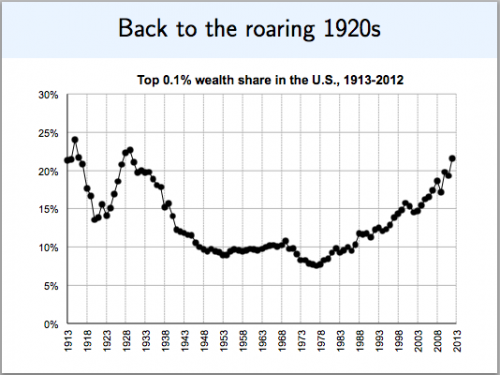The Evening Blues - 9-1-25
Submitted by joe shikspack on Mon, 09/01/2025 - 3:00pm





Throughout our lives, the nature of work has evolved. Comparing the US in 1920 to 2020 provides some interesting contrasts as people leave the farm and move to more urban areas. (How you gonna keep 'em down on the farm once they've seen gay Paree?)
The 1920s is the decade when America's economy grew 42%. Mass production spread new consumer goods into every household. The modern auto and airline industries were born. The U.S. victory in World War I gave the country its first experience of being a global power. Soldiers returning home from Europe brought with them a new perspective, energy, and skills. Everyone became an investor thanks to easy access to credit. That hidden weakness helped cause the Great Depression.
...
Farming declined from 18% to 12.4% of the economy. Taxes per acre rose 40%, while farm income fell 21%. At the same time, new inventions sent the manufacturing of consumer goods soaring. https://www.thebalance.com/roaring-twenties-4060511
As people moved, so did their employment options and it hasn't stopped, nor has inequality...in fact it is as high as ever. Stagnant wages for most, alongside soaring profits and wages for those at the top, will continue to mean that the 0.1 to 1 percent accumulate more and more income and wealth.




